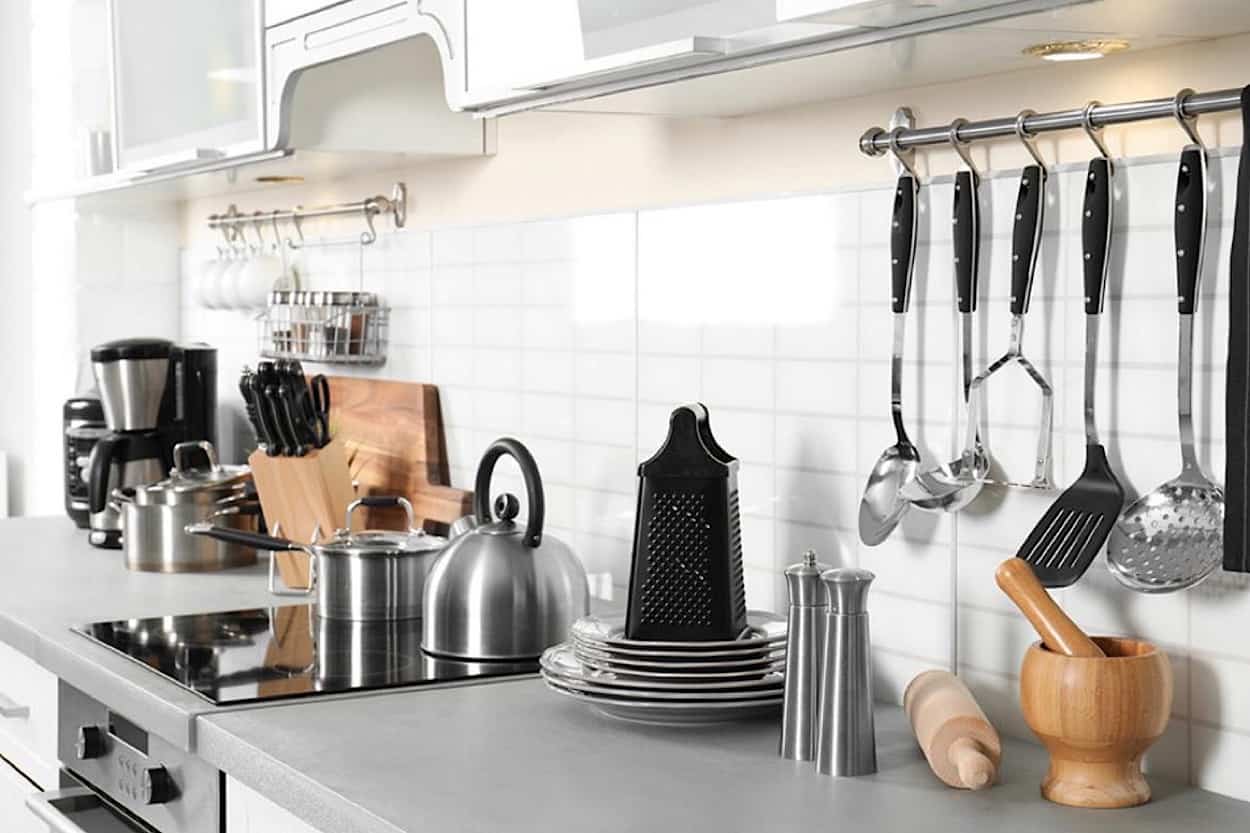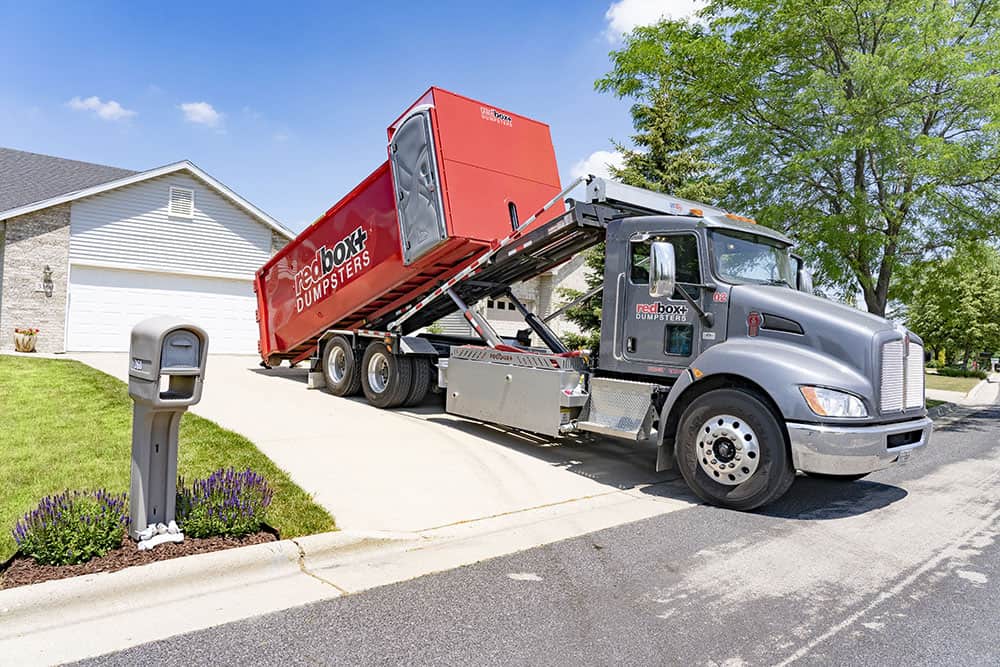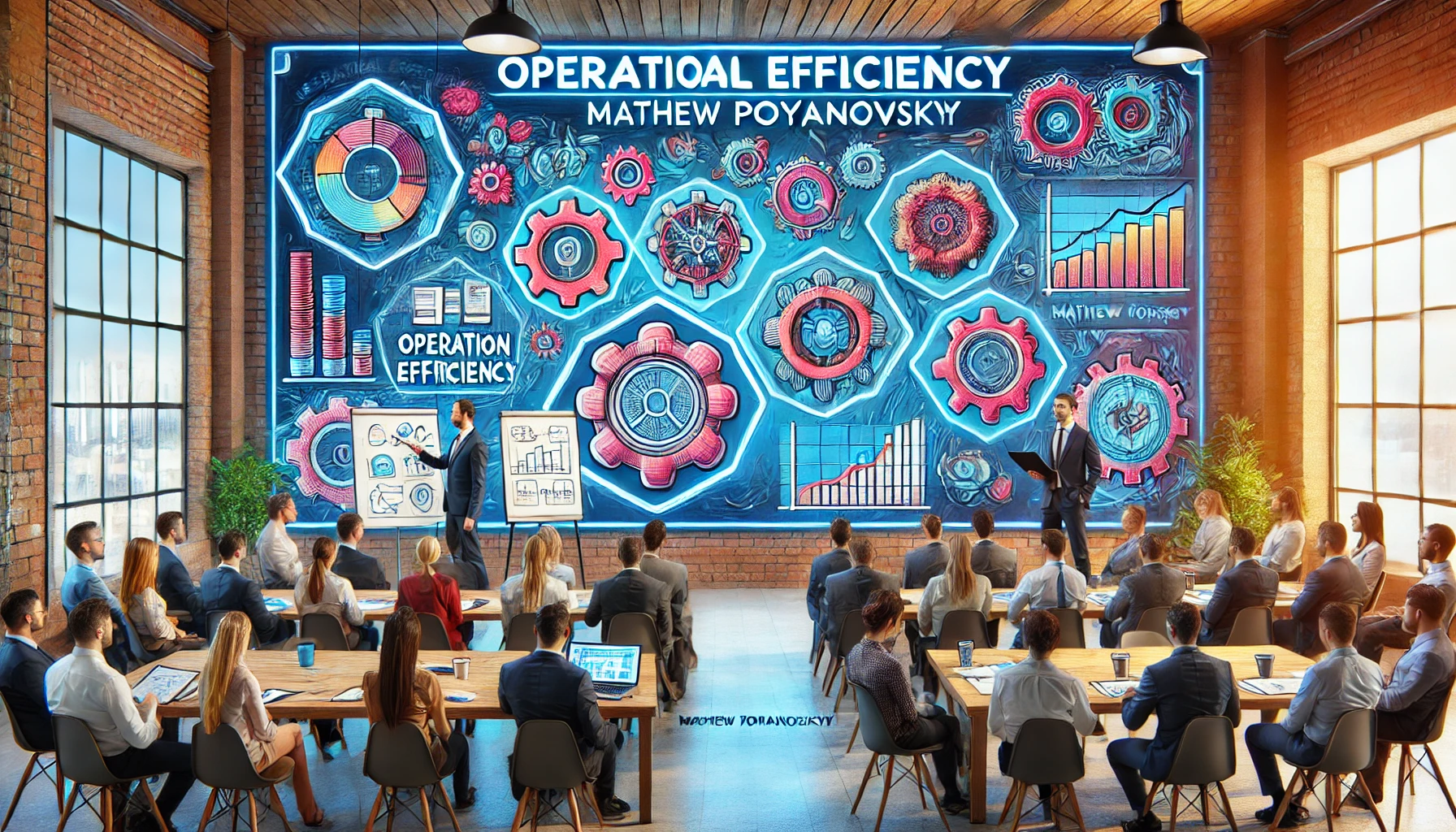Introduction to Mortgage Loans
Buying a home is one of the most significant financial decisions you’ll ever make. Most homebuyers rely on mortgage loans to finance their purchases. A mortgage loan allows you to borrow money from a lender to buy a house while agreeing to repay it over time with interest. Traceloans.com mortgage loans are designed to help potential homeowners secure the best financing options tailored to their needs.
Understanding how mortgages work can save you money and time. This guide covers everything from mortgage types and interest rates to application steps and expert strategies to secure the best loan terms.
Types of Mortgage Loans
Fixed-Rate Mortgages
A fixed-rate mortgage offers stability with a consistent interest rate throughout the loan term. This type of loan is ideal for those who prefer predictable monthly payments. Typical loan terms range from 10 to 30 years, giving borrowers flexibility in repayment.
Adjustable-Rate Mortgages (ARMs)
An ARM features an initial fixed-rate period, after which the interest rate adjusts periodically based on market conditions. This option is beneficial for borrowers who plan to sell or refinance before the rate increases.
Government-Backed Loans
These loans are supported by the government, making homeownership more accessible to specific groups:
- FHA Loans: Ideal for first-time buyers with lower credit scores and minimal down payments.
- VA Loans: Exclusive to veterans and active-duty military members, requiring no down payment.
- USDA Loans: Designed for rural homebuyers with lower incomes, offering zero down payment options.
Jumbo Loans
For borrowers looking to finance luxury homes, jumbo loans exceed conventional loan limits and typically require higher credit scores and down payments.
Understanding Mortgage Rates
Mortgage rates fluctuate based on economic conditions, lender policies, and borrower creditworthiness. There are two primary types of mortgage rates:
| Rate Type | Description | Pros | Cons |
|---|---|---|---|
| Fixed-Rate | Remains constant over the loan term | Predictable payments | Higher initial rates |
| Adjustable-Rate | Changes based on market fluctuations | Lower initial rates | Potentially higher future payments |
To secure the best rates, maintain a high credit score, shop around with multiple lenders, and consider locking in a low rate when available.
The Mortgage Application Process
Applying for a mortgage involves several steps:
1. Pre-Approval
Getting pre-approved strengthens your buying power. Lenders evaluate your financial profile and provide a pre-approval letter, which helps sellers take your offer more seriously.
2. Application Submission
You’ll need to submit essential documents, including:
- Proof of income (pay stubs, tax returns)
- Credit report
- Employment verification
- Debt and asset details
3. Underwriting Process
Lenders assess your risk level by analyzing your creditworthiness, debt-to-income ratio, and employment history. This stage determines your loan approval.
4. Loan Closing
Once approved, you’ll sign legal documents and pay closing costs before receiving the keys to your new home.
Common Mortgage Mistakes to Avoid
- Not shopping around for the best rates
- Ignoring additional costs like closing fees and property taxes
- Making large financial changes during the application process
- Not understanding the loan terms thoroughly
- Failing to get pre-approved before house hunting
FAQs About Traceloans.com Mortgage Loans
1. Can I get a mortgage with a low credit score?
Yes, but your interest rates may be higher. Government-backed loans like FHA loans are ideal for low-credit applicants.
2. How much should I save for a down payment?
A conventional loan typically requires 20%, but government-backed loans may allow as little as 3% down.
3. How do I choose the right mortgage type?
Consider your financial situation, future plans, and risk tolerance. Fixed-rate mortgages offer stability, while ARMs provide lower initial rates.
4. How long does mortgage approval take?
The process can take anywhere from 30 to 60 days, depending on documentation and underwriting complexity.
5. What are closing costs, and how much should I expect?
Closing costs include fees for loan origination, title insurance, and more, typically ranging from 2% to 5% of the loan amount.
Conclusion
Traceloans.com mortgage loans offer a variety of financing options to fit different borrower needs. Understanding the types of mortgages, interest rates, and application processes can help you secure the best loan. Avoiding common mistakes and preparing in advance will ensure a smooth home-buying experience.
Recommended Articles:
- Tech Guru WaveTechGlobal: A Comprehensive Guide
- Exploring Blog Mobilecreativeorg: A Comprehensive Guide to Mobile Innovation and Creativity
- TraceLoans.com Debt Consolidation: A Complete Guide to Simplifying Your Finances
- New Software 418DSG7: Comprehensive Guide, Features, and Industry Impact
- Kevin AMF Height: A Comprehensive Guide



























Leave a Reply